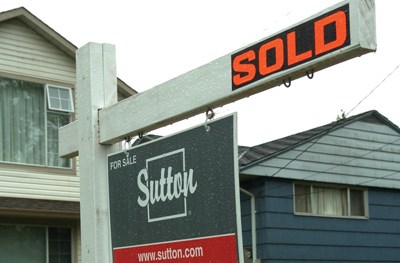It makes for an attention-grabbing headline: Foreign buyers snapping up houses and making owning property too expensive for all but those with deep pockets.
This is an easy and oft-quoted criticism but it is a simplification of a complex series of equations. Yes, some realtors have been aggressively marketing homes in the Lower Mainland to Asian buyers and some offshore investors are buying these properties, even in Port Coquitlam. And, yes, we may be feeling the effects of money escaping China and finding a safe resting place in Metro Vancouver neighbourhoods.
But that's not the only reason prices are high.
There's also the issue that buildable land is finite in the Lower Mainland, which is bookended by rivers, oceans and mountains, and supply is low. At the same time, B.C. is being marketed around the world, so it should be no surprise when investors show up wanting to buy something.
Yes, it's easy to resent those who can afford to buy million-dollar homes with cash while everyone else is struggling to pay a mortgage.
It doesn't take much for people's prejudices to become inflamed, especially where property is concerned.
A common criticism today is that offshore investors leave homes empty or rent them while they wait for their investment to mature, emptying out once vital neighbourhoods. Forgetting the eventuality that one day, those neighbourhoods will be rebuilt and vital once again, this argument ignores the fact that land development is taking place all over the Lower Mainland and it's not just rich offshore investors behind it.
It's how newer neighbourhoods get built out of older established ones, like along the Evergreen Line, where single-family homes and low-rise condos are being replaced by townhouses and apartments — and, for the most part, no one is complaining about them.
What is a concern is the impact of this unusual inflation on people's civic taxes. Huge jumps in sales prices and assessed values shouldn't be seen as a windfall for elected officials.
Meanwhile, it's time to acknowledge that Vancouver is a global city and some will benefit from the change while others, sadly, will not. Whether someone hails from China or somewhere else in the Lower Mainland hardly matters.
In the end, money has no country but moves like a river, nudged by the shifting winds of economic forces.



